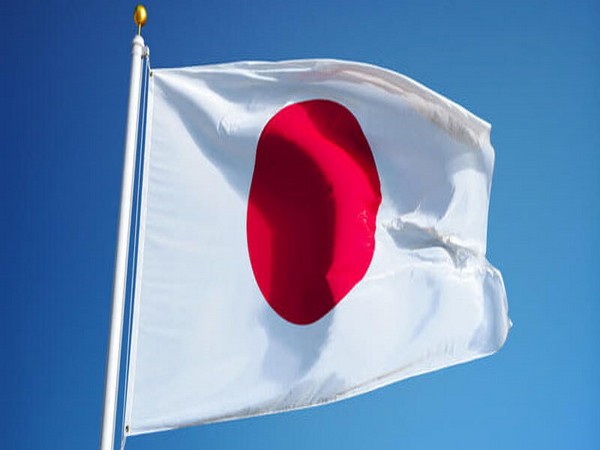Tokyo [Japan], August 2: A weak yen is hurting Japanese households' sentiment and could erode their purchasing power, the government said in a report on Friday, underscoring its concern over the negative economic impact of the currency's fall.
When former premier Shinzo Abe's administration deployed its "Abenomics" stimulus policies in 2013, rising inflation expectations helped improve household sentiment, the government said in an annual white paper analysing the economy.
But a renewed rise in inflation expectations since mid-2023 has soured households' mood, partly because the public reacted to media reports about rising food prices and the boost to import costs from a weak yen, it said.
"A weak yen risks eroding consumers' purchasing power" by pushing up inflation more than wage growth, the paper said.
After languishing at 38-lows below 160 per dollar for much of July, the yen staged a sharp rally in the days leading up to and after the Bank of Japan's decision on Wednesday to raise interest rates.
It stood at 149.07 to the dollar in Asia on Friday as investors began shifting their focus on prospects of steady rate hikes by the BOJ, which would come in the face of an expected start to the U.S. monetary easing cycle by the Federal Reserve as soon as September.
In the white paper that was prepared well before Wednesday's BOJ decision, the government said the yen's declines no longer push up export volume as much as in the past as more Japanese manufacturers shift production overseas.
Rather, a weak yen weighs on smaller firms' profits by boosting raw material import costs, the report said.
A weak yen has become a source of concern for Japanese policymakers as it has dampened consumption by inflating the cost of importing fuel, food and raw material.
Japanese authorities spent 5.53 trillion yen ($37 billion) intervening in the foreign exchange market in July to pull the yen off 38-year lows past 160 per dollar, official data showed.
The Bank of Japan also cited the risk of an inflation overshoot from a weak yen as among reasons for raising interest rates on Wednesday.
Source: Fijian Broadcasting Corporation

